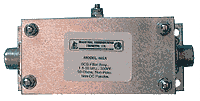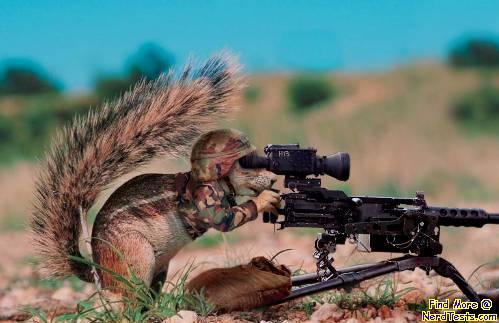Members of the BEXAR OPERATORS BROUP will be running, W5BOG/R in this contest this weekend as a rover station and plan to be in the following grid squares at the following times and on the following bands:
Saturday July 18th
Grid Time Frequency (SSB)
EL09XA 1 – 2 pm local 144.200 mhz
EL09XA 2 – 3 pm local 50.125 mhz
EL08XX 3:30 – 4:30 local 144.200 mhz
EL08XX 4:30 – 5:30 local 50.125 mhz
EL18AX 6 – 7 pm local 144.200 mhz
EL18AX 7 – 8 pm local 50.125 mhz
EL19AA 8:30 – 9:30 local 144.200 mhz
EL19AA 9:30 – 10:30 local 50.125 mhz
We will drop down to CW on request and as time permits.
Times/Bands/Grid Squares subject to change.


 2. When operating within a tight area, as required by FD rules, it also pays to use “band pass filters” such as those
2. When operating within a tight area, as required by FD rules, it also pays to use “band pass filters” such as those 